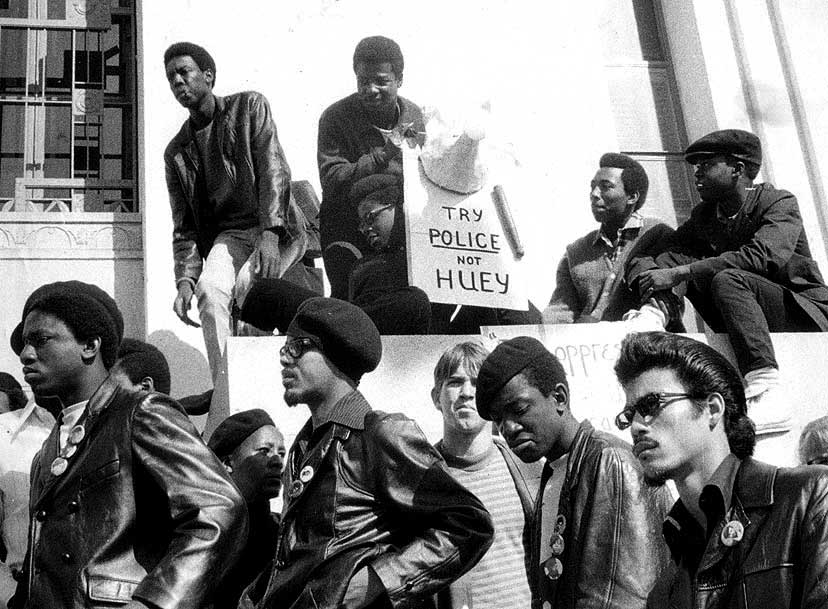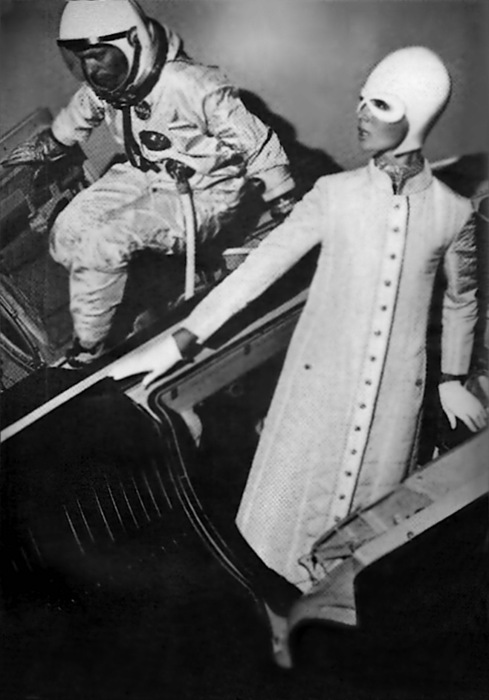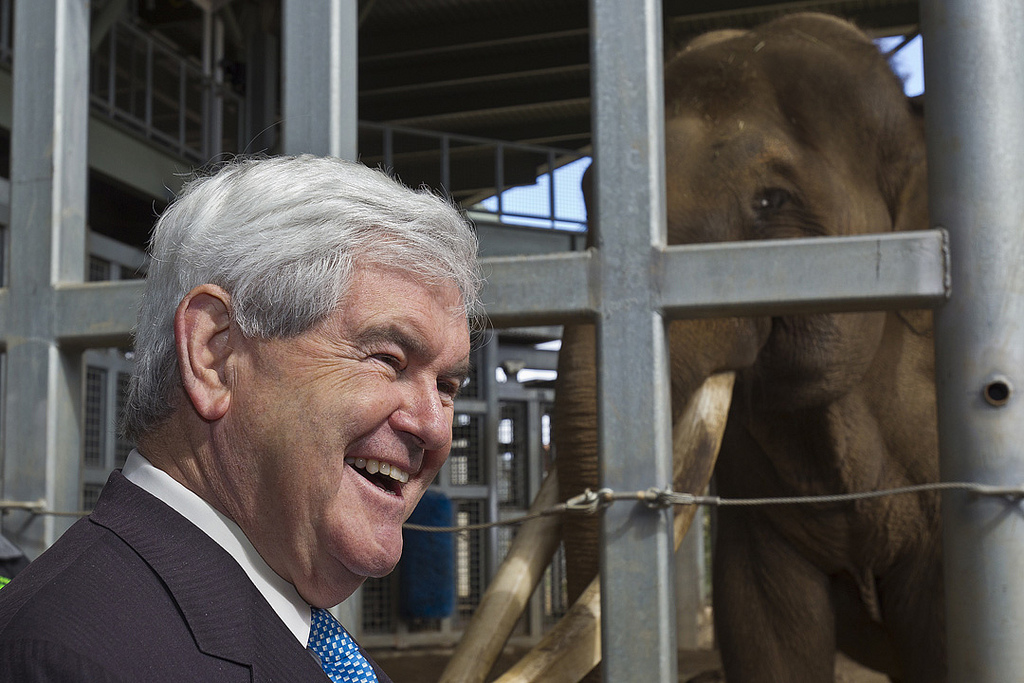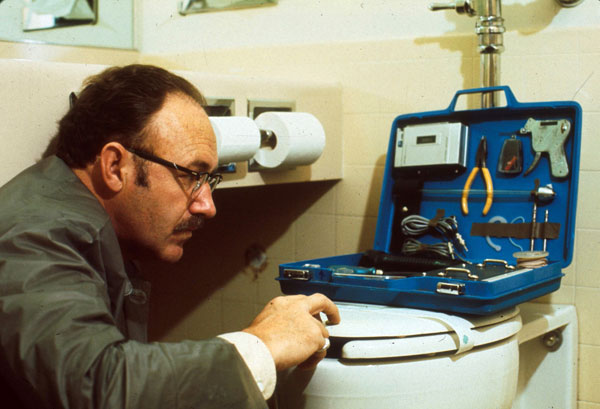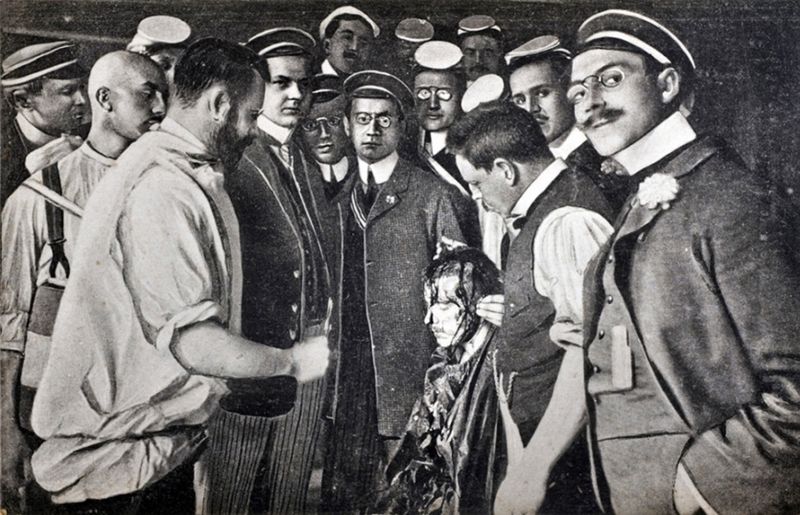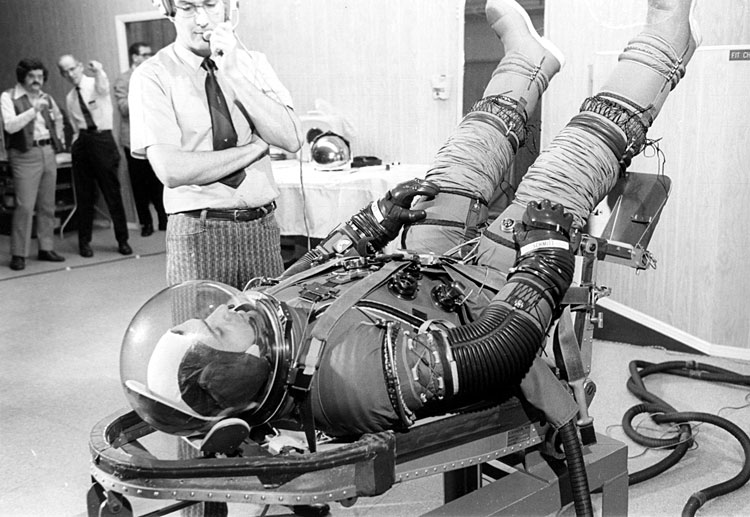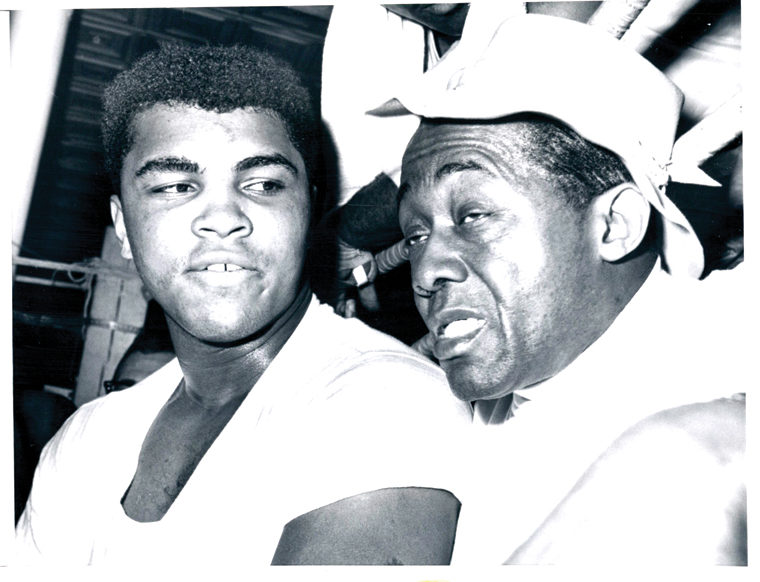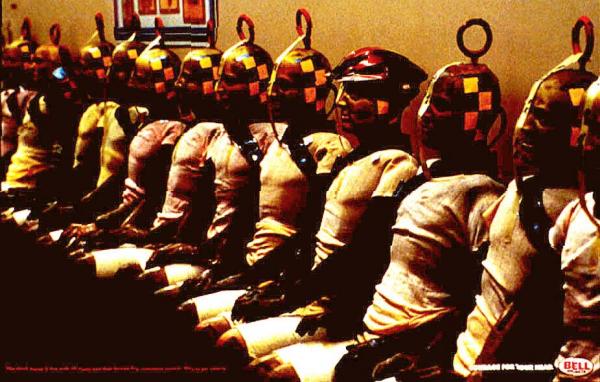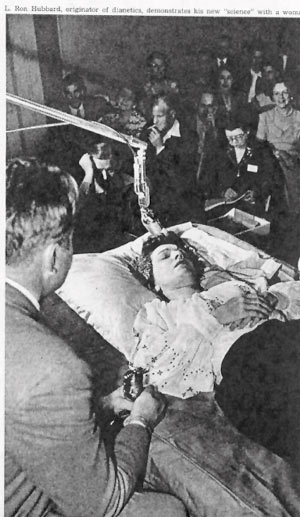In New York Times Magazine, Jonathan Mahler, who wrote the amazing 2005 book Ladies and Gentlemen, The Bronx Is Burning, explores the radical political hotbed that is Oakland, home for decades to Panthers, Angels and Occupiers, all drawn by the cheap rents and the outlaw spirit. An excerpt:
“Why are radicals so inexorably drawn to Oakland? The cheap rents don’t hurt (free, if you’re willing to squat in an abandoned house or industrial space, and hundreds apparently are). Oakland is urban, dangerous and poor — fertile social conditions for inciting revolution. What’s more, it has a long, easily romanticized history of militancy. America’s last citywide strike, in 1946, took place there; the Black Panthers were born in Oakland; and David Hilliard, a former Black Panthers chief of staff, still gives three-hour tours of the movement’s local landmarks and sells his own line of Black Panthers hot sauce: ‘Burn Baby Burn.’
Running parallel to this history of political militancy is a history of lawlessness. In the early 1970s, when the Hell’s Angels were scandalizing America, their most infamous clubhouse was located in East Oakland. The Oakland native Felix Mitchell was one of the first to scale up corner drug-dealing into a multimillion-dollar, gang-controlled business. On his death — he was stabbed in Leavenworth in 1986 — the city gave him a hero’s send-off: thousands came out to see his coffin borne through his old East Oakland neighborhood by a horse-drawn carriage trailed by more than a dozen Rolls Royces and limousines.
In Oakland, the revolutionary pilot light is always on. At the dawn of the 20th century, the Oakland writer and social activist Jack London said this to a group of wealthy New Yorkers: “A million years ago, the cave man, without tools, with small brain, and with nothing but the strength of his body, managed to feed his wife and children, so that through him the race survived. You on the other hand, armed with all the modern means of production, multiplying the productive capacity of the cave man a million times — you are incompetents and muddlers, you are unable to secure to millions even the paltry amount of bread that would sustain their physical life. You have mismanaged the world, and it shall be taken from you.
It’s a dream that still exists in Oakland — that the world can be taken from the haves and delivered to the have-nots. Like all dreams that are on the brink of being extinguished, its keepers cling to it with a fierceness that is both moving and an extreme exercise in the denial of the reality that is at their door.”
••••••••••
The Symbionese Liberation Army commits acts of terrorism in Oakland in 1974:

